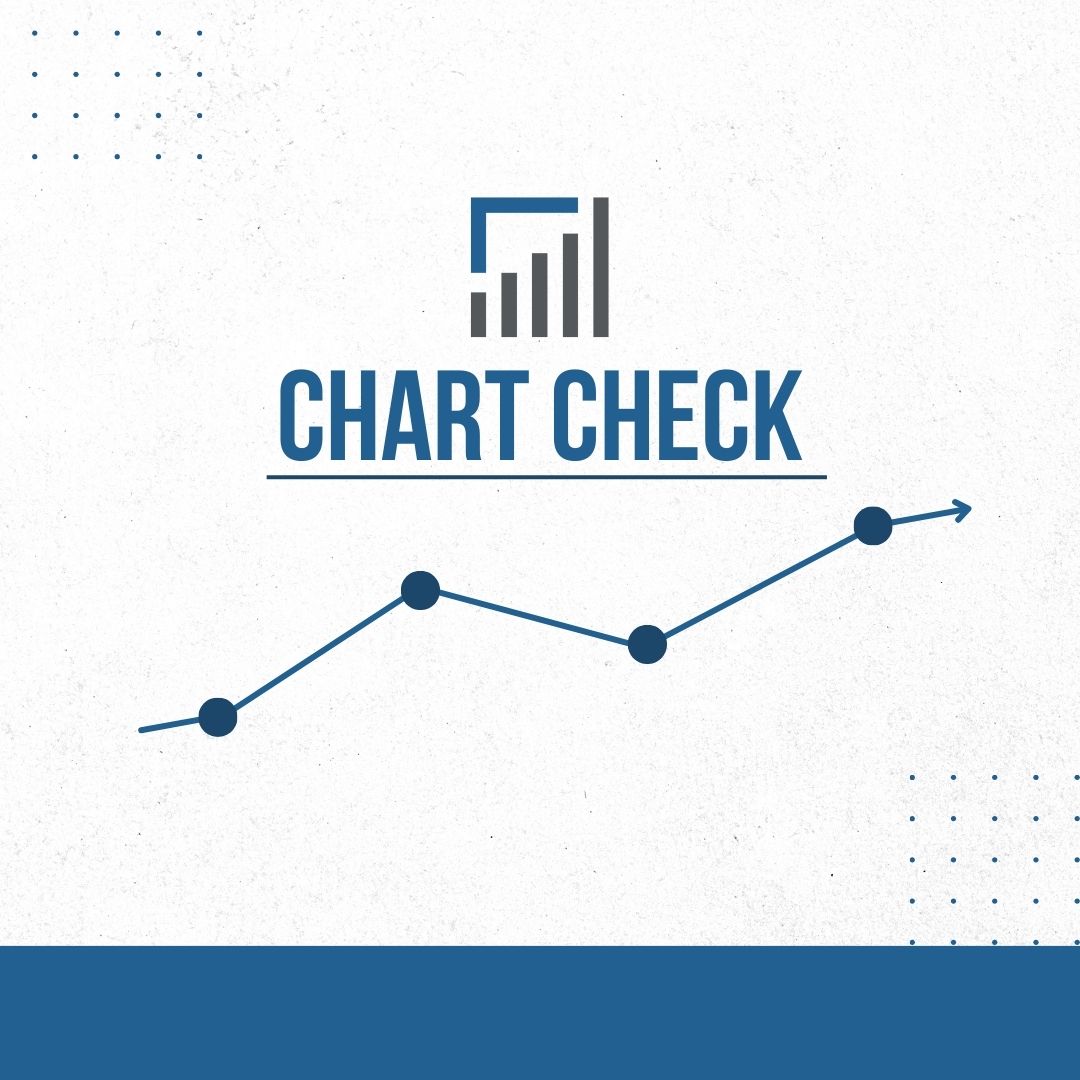The issue of elder abuse has recently been brought to the limelight with a lawsuit involving one of the United States’ most prominent figures, Senator Dianne Feinstein. Filed by the senator’s daughter, who held a power of attorney for her, the lawsuit alleged a case of “financial elder abuse.” This brings to the forefront not only the intricacies of the senator’s personal affairs but also the broader issue of financial abuse among older adults in the U.S.
The Essence of the Feinstein Lawsuit
Senator Dianne Feinstein’s husband, Richard Blum, passed away in February 2022. Leaving behind a colossal legacy, Blum’s net worth had been previously estimated at over $1 billion. This fortune, however, wasn’t immune to the economic fluctuations caused by the pandemic, with his real estate assets supposedly experiencing a decline in value.
Blum’s three daughters from a previous marriage emerged as the primary heirs to his wealth. At the center of the lawsuit was the contention that a marital trust, valued at $5 million, was to be established for Senator Feinstein upon Blum’s demise. A year following his death, this trust was still nonexistent. The absence of quarterly payments due to the senator and unfulfilled reimbursement of her medical expenses (especially poignant given her challenging battle with shingles) were highlighted as indications of financial neglect, termed in the lawsuit as “elder abuse.”
The managers of Blum’s estate didn’t remain silent on the accusations. They cited a combination of liquidity problems, the necessity of paying estate taxes, and the intricate nature of the estate’s assets as reasons for the delay. They maintained that the trust would be funded at the earliest possible time. While the senator’s subsequent passing may render some aspects of the case obsolete, Legacy Private Trust Company understands that the senator’s estate might still stake a claim against the trustees.
Understanding Financial Elder Abuse
The United States grapples with the pressing issue of elder abuse. While physical harm often captures most of the attention, financial abuse is an equally malignant problem that remains largely obscured. Statistics from the National Council on Aging reveal a distressing picture: one in ten Americans aged 60 and above has encountered some form of elder abuse.
The financial implications of such abuse are staggering. Estimates indicate that financial deception costs toward older Americans fluctuate between $2.6 billion and $36.5 billion annually. This vast range arises from the prevalent underreporting of such cases, with estimations suggesting that a mere one in 24 incidents get reported to relevant authorities. Besides financial exploitation, elder abuse encompasses emotional maltreatment, neglect, confinement, or even deliberate denial of care.
Is Estate Management Best Left to Professionals?
Reflecting on Senator Feinstein’s situation, one might ponder whether the alleged financial negligence equates to elder abuse. Recognizing the challenges often accompanying estate settlements, especially when managed by individuals lacking specialized expertise, is pivotal. Institutions such as bank trust departments or companies like Legacy Private Trust Company possess the requisite staff, infrastructure, and established procedures essential for adeptly navigating executorships and trusteeships.
Such entities concentrate exclusively on these tasks, ensuring they are not relegated as secondary to other business pursuits. This can be a common issue when individuals with other primary responsibilities assume fiduciary roles. The situation surrounding Senator Dianne Feinstein underscores the importance of entrusting financial affairs and estate management to seasoned professionals to prevent potential delays and disputes.
If you are a Legacy client and have questions, please do not hesitate to contact your Legacy advisor. If you are not a Legacy client and are interested in learning more about our approach to personalized wealth management, please contact us at 920.967.5020 or connect@lptrust.com.
This newsletter is provided for informational purposes only.
It is not intended as legal, accounting, or financial planning advice.




